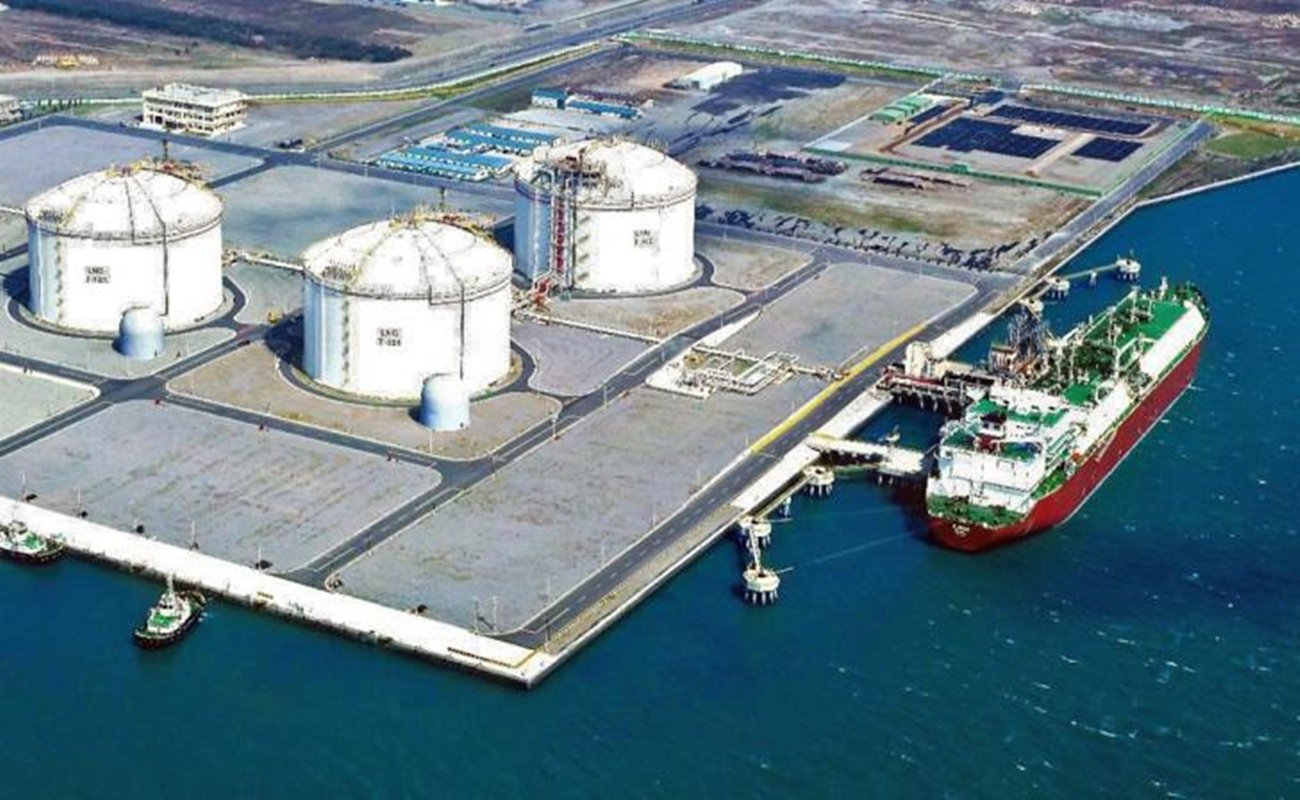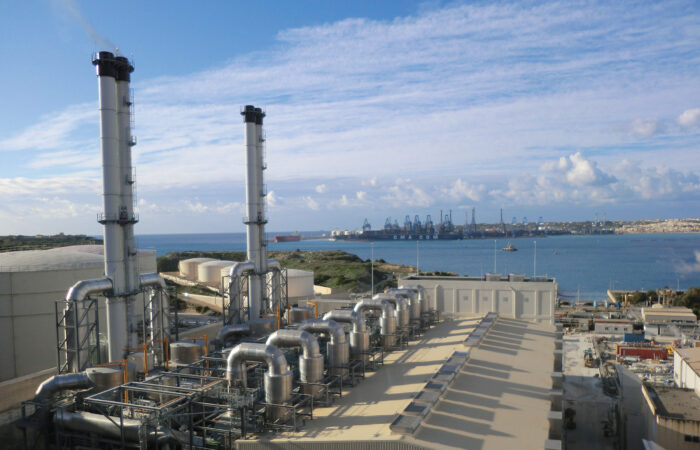Charles Ellinas*
Judging from the latest statements by the Energy Minister, George Papanastasiou, the negotiations with the Chinese-led consortium CPP-METRON Consortium Ltd (CMC) have probably been exhausted, with no solution that leads to completion of the LNG import project by CMC in sight.
His statement at parliamentary hearings on Tuesday is telling: “It appears that an end is in sight, acceptable to all parties, on the basis of which the existing contract is terminated and at the same time the floating unit is delivered in the state it is in today.”
This is crucial. As I stated on many occasions over the last few years, the fastest way to bring electricity prices significantly down in Cyprus is by replacing diesel/HFO with natural gas in electricity generation. This can bring prices down by as much as a third, due to the low price of gas -expected to remain low for years due to the glut of LNG coming to the market- and reduction in emission allowances but requires completion of the LNG import project at Vasilikos.
I wrote in May: “The moment EAC is able to switch power generation from oil to natural gas, electricity prices will be reduced by at least one-third, with annual cost savings close to €300-€400million. For every year the project remains unfinished, Cyprus loses this amount.”
All possible options must be considered to achieve this, no matter how difficult these might be. The most realistic option that leads to lower electricity prices at the earliest is the import of LNG. Based on cost-benefits, the priority for Cyprus must be to find a way to continue and complete the project, the soonest, with or without CMC.
But this requires that Cyprus obtains possession of the FSRU Prometheus. Without the FSRU the import of LNG is impossible. Even though, based on what the Minister said, CMC may be willing to agree to an end to this contract, this will not happen without agreeing to a financial settlement. Not surprisingly, negotiations are proving to be tough, with CMC unwilling to consider each part of the project separately. Evidently the bargaining power of the FSRU has not escaped them.
There is also the matter of the outstanding arbitration claim by CMC amounting to €200 million, now in the hands of London courts. CMC claims that ETYFA made substantial changes to the original project scope, even requiring the addition of export capabilities that involve a different set of technologies and that these changes impacted on both the timeline and cost of the project. ETYFA denies these claims. It has also been reported that to consent to the handover of the FSRU, CMC is claiming an additional payment of €32 million.
It is not clear how the ministry and ETYFA plan to handle these, but sooner or later they will have to be addressed. Even if the contract is terminated, the arbitration claim will not go away. In the worst situation, Cyprus could find itself in the unenviable position of having to pay a substantial amount in settlement of the arbitration, without possession of the FSRU. Inevitably, this would lead to a massive delay in the import of LNG, with electricity prices remaining high as long as this is the case. This is where cost-benefit considerations come into play in bringing this unfortunate episode to an acceptable end.
As the Minister said at the parliament, too many project completion deadlines came and went: September 2022, July 2023, October 2024, July 2024, with no end in sight. That’s why the Minister’s statement is important. We need to move from uncertainty to certainty on this critical project if we are to bring electricity prices down.
But even if an agreement is reached with CMC to terminate the contract and get possession of the FSRU, there is still the need to complete the unfinished parts of the project in a timely manner. The Minister talked about Plan A and Plan B. But it is not clear how these will proceed. Without a clear plan, the risk is that this could become a protracted process. Clarity is required, to demonstrate what would be different now, that would avoid repetition of old problems and shortcomings, riddling Cyprus major projects?
Completion of this project is top priority, much more so than the Great Sea Interconnector that is currently monopolizing energy news in Cyprus.
Whichever way this goes, there will be additional cost, and that needs to be understood so that sensible decisions can be made on the fastest and least damaging -or most beneficial in terms of cost savings- way forward.
*Charles Ellinas is Senior Fellow at the Global Energy Centre of the Atlantic Council.




